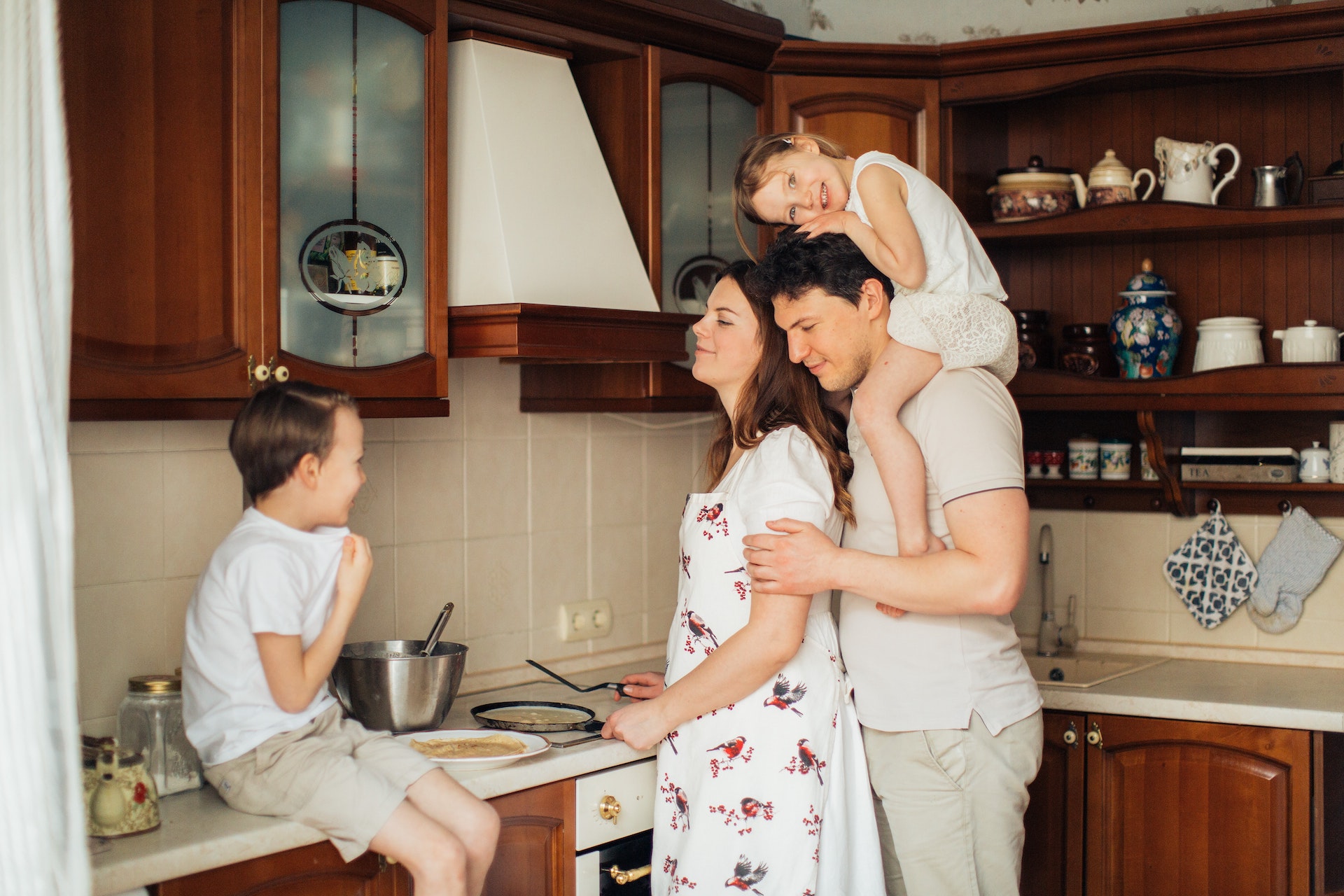
As we all find ourselves adapting to new ways of life during this time of quarantine and social distancing, it might be hard sticking to a routine when time constraints are no longer present. Keeping a routine is something that can not only help to ground us in our lives, but also help us to feel more certain about our choices – especially when there is so much surrounding uncertainty. It can also help to reduce the stress that arises when we’re worrying about things like when and how we’re going to “get it all done”.
When it comes to keeping a daily routine, I like to prioritize the M&M’S:
- Mealtime
- Movement
- Sleep
Mealtime
Knowing when, and what for that matter, you are going to eat throughout the day is a big help when it comes to many things including not wasting groceries, eating nutritious well-balanced meals, and preventing mindless snacking. Something that can make sticking to a mealtime easier is also doing some weekly meal-planning. Even if you just plan 2-3 meals throughout the week, it can help at least partially take the burden off of deciding what to eat, which can be time-consuming in and of itself.
Some people do well giving themselves strict guidelines and timelines, others do better when they give themselves a range of time – for example, eating dinner between 5PM – 7PM. Setting “rules” and “routines” isn’t useful unless it’s something that is attainable and manageable. Remember that everyone functions differently.
Movement
Getting in movement each day is already challenging. In order to set yourself up for success, make your daily goals something manageable. If a two-hour workout is already part of your day, good for you! If not, that’s ok too! Honor where you are on your journey and don’t set unattainable goals for yourself. If you are starting from zero, maybe you can add a 5-10 minute walk into your day, or stop and dance to your favorite song for 5 minutes. If you are someone who needs strict guidelines, set a time of day that you know you will be able to stick to without needing to alter your other daily activities. If you do better with a range, give yourself a lengthier time-frame in which to add in movement, such as “morning” or “after dinner”.
It isn’t likely that you will feel spontaneously motivated to exercise. That magical wave of energy isn’t going to come, you just have to schedule it in. Even if that means setting a 5-minute timer on your phone and simply walking around the house for that long. We’re all at different levels, so don’t be hard on yourself if you don’t think of the movement you do as “exercise”. As long as you’re doing something the opposite of being sedentary, it’s a good thing.
Sleep
Routines are so important for sleep quality. Even altering your typical sleep schedule by two hours can throw your body off and make it harder to get back to a healthy routine. If you are currently stuck at home each day and night, this is a perfect time to work on sleep health! Some tips for building a better sleep routine:
- Plan to go to bed and wake up around the same time each day, regardless of if you have anywhere you need to be.
- Take the half hour before bed to prepare your body, environment, and mind for sleep. This can include brushing your teeth, putting on soothing music, turning off/dimming lights or lighting candles, and making sure your sleeping environment is dark and cool.
- Prepare what you will need to successfully get out of bed in the morning. This could include preparing your coffeemaker to be ready to go, putting a glass of water next to your bed so you can take a big drink right when you awake, or having the clothes you intend to wear for the day already set out.
- Alarms: while it is nice to be able to wake up to the sun, not all of us have that ability. If you do wake to an alarm, make sure it is set for the same time each day. There are also applications (i.e. ‘Sleep Cycle’) that will gradually increase the volume of the alarm to gently wake you rather than being jarred awake by a loud noise, if that’s not your cup of tea.
When you start with these 3 essential activities, it can be easier to then add in other day-to-day activities to your routine. Food, Movement, and Sleep are the foundations of human health and should be prioritized. So, if you can, use this time as an opportunity to invest in yourself and make your day-to-day health the first thing on your To-Do List.
Resources:
https://www.nm.org/healthbeat/healthy-tips/health-benefits-of-having-a-routine

